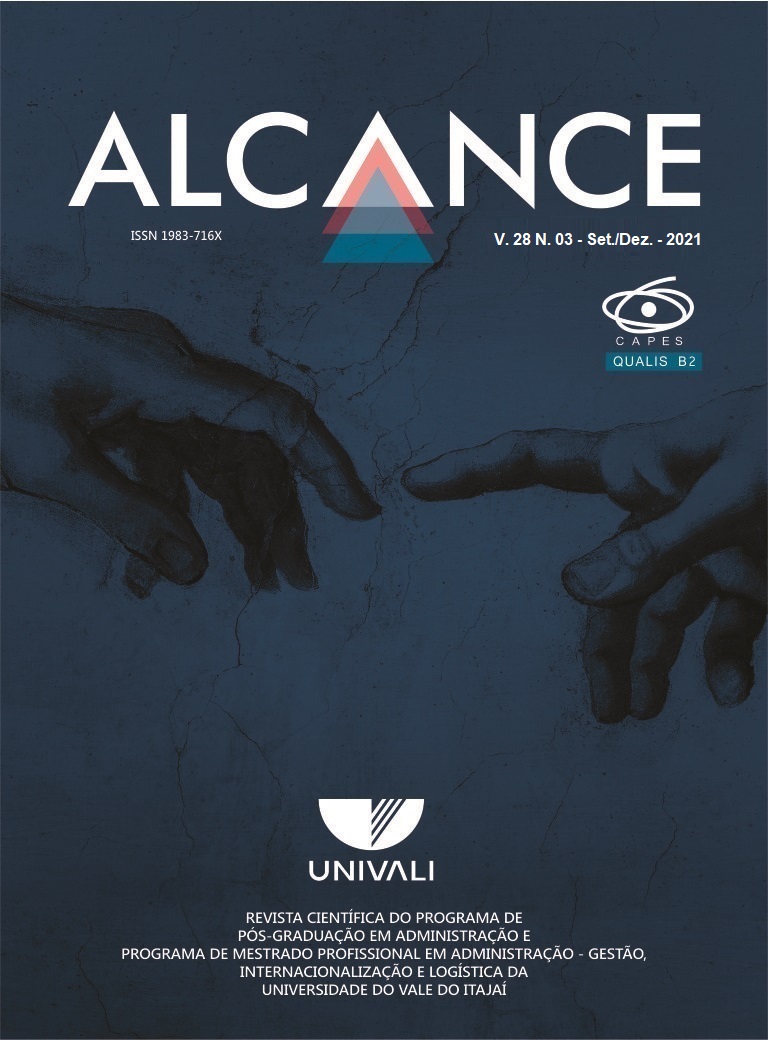BRAZILIAN FRANCHISE STARTUPS AND THE COVID-19 CRISIS: ORGANIZATIONAL STRUCTURE AND ADAPTION CAPABILITIES
DOI:
https://doi.org/10.14210/alcance.v28n3(Set/Dez).p392-407Keywords:
Franchising, Startups, Crisis Management, Resilience, COVID-19.Abstract
Purpose – The purpose of this study is to understand how franchise startups have been facing the crisis caused by COVID-19, with greater emphasis on the effects of the franchising decision on the survival of this type of business during the crisis period. Design/methodology/approach – This is a qualitative research, conducted through multiple-case studies on four Brazilian startups that operate through franchised units. Data were collected through online interviews with founders and managers of the franchisee, complemented with information obtained from the companies' websites/social media and articles published in business magazines. The technique of content analysis was used. Findings – We found that franchise startups can operate through conventional franchises or micro-franchises. In both cases, we found no reduction in the agility or flexibility of these businesses. Thus, within a crisis context, resilience allows the franchisor to gain greater advantages from its franchisees, if it opts for the conventional franchise model. Originality – This research addresses the intersection between two business models: startups and franchises. It contributes to the understanding of both areas, as well as the effects of a business model in a crisis context. Limitations/implications – This is a study conducted with a small number of cases within a similar context. The main implications of this research are the formulation of a set of propositions about the startup franchising process and the effects of a crisis for companies that adopt this operating model, and a descriptive diagram of this process.Downloads
Published
2021-08-31
Issue
Section
Article


